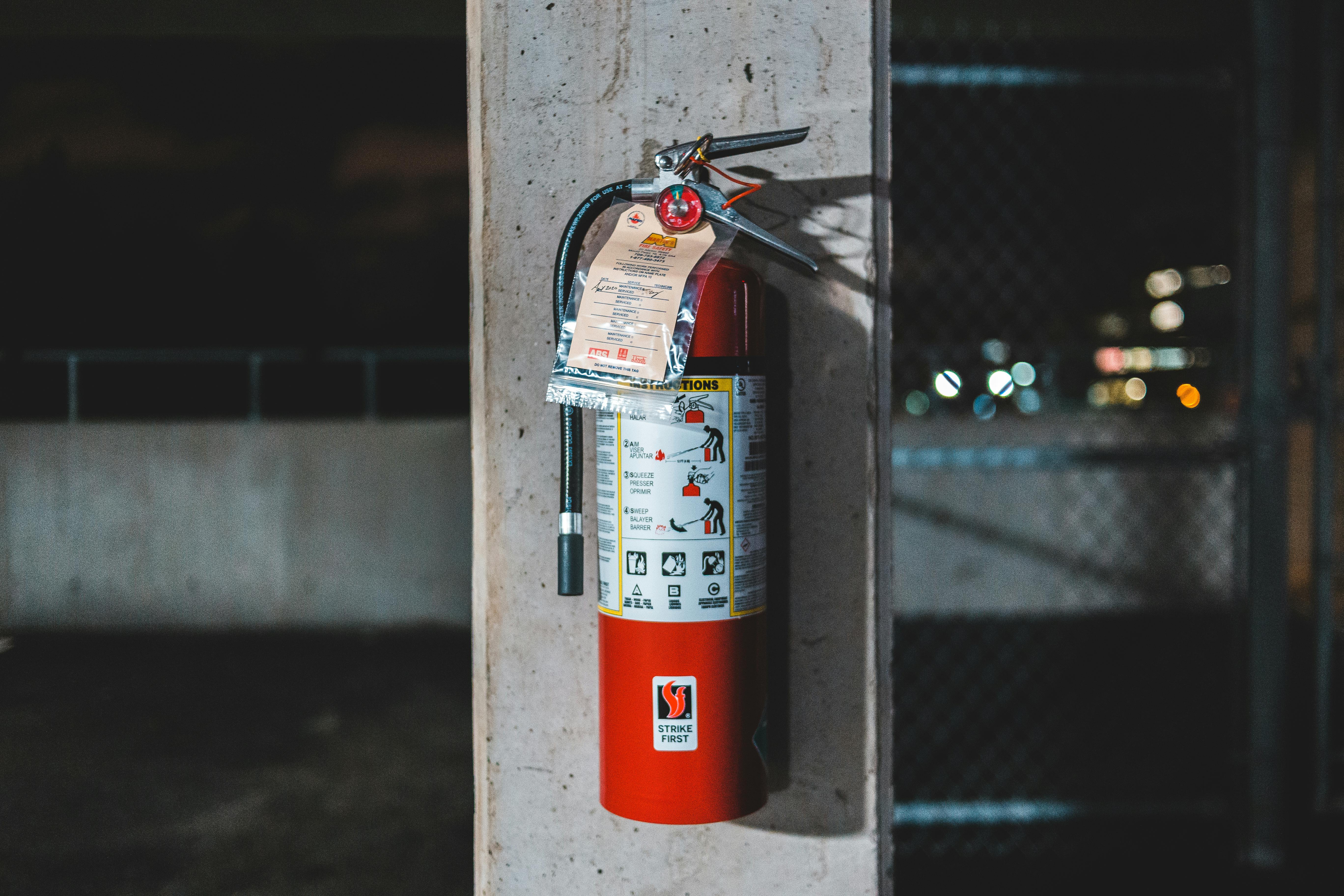
A professionally installed intrusion alarm system is critical to protecting your business property from theft and criminal damage. Intruder alarms provide cost-effective protection for most types of commercial premises. Both can act as a deterrent to intruders and also to alert staff or police.
Choosing and buying the right business intrusion alarm can be tricky due to frequent changes in guidelines and regulations, as well as the wide range of options available to choose from.
Businesses may find their insurer’s requirements challenging, as most insurance companies will want some information about the type of intruder alarm that is installed on a property.
Business intrusion alarm options
There is a wide variety of intruder alarm brands out there, and many factors can affect your choice. Depending on your needs and the level of security required, these are some of the main options.
Systems that simply sound an alarm in case of intrusion.
Setting an audible alarm can deter casual intruders and can alert on-site personnel. However, for isolated buildings or areas where there are few people at certain times, this may be ineffective, as there is no one to respond.
Alarms that are connected to a 24/7 monitoring center, alerting emergency services
These guys are more likely to get a police response, although alert systems can be set up to alert key holders. Especially if the alarm is silent, it is possible to catch intruders before they leave. For these more advanced alarms, regular maintenance is often essential to prevent false alarms.
Wired or wireless intrusion alarms.
While traditional hardwired systems are generally cheaper and easier to maintain, they can be expensive to install. Wireless options are great for temporary solutions or when installation is difficult due to building construction or owner restrictions.
Integration with other security systems such as access control or fire alarms.
By integrating with different alert systems, such as access control (electronic door locks) or fire systems, a single point of management and control can be created. This can simplify response to alerts and reduce overall costs.
Detectors and Zones
There is a wide range of different detectors available for commercial intruder alarm systems: motion detectors (PIRs), pressure pads, glass break detectors, door and window contacts, infrared rays, and vibration detectors. Choosing a system that supports all of these different types of detectors will simplify future upgrades and expansions.
In addition to deciding the number of detectors, dividing a larger building into zones can allow more precise control of the alarm system. You can activate individual areas that are not in use, even when the rest of the building is occupied. This increases security, especially for vulnerable empty areas. It’s also ideal for building in multiple occupancy, as each room or area can control its own alarm, while common areas only activate once the last person has left.
Regardless of what you choose, all intruder alarm systems must be designed to the European standards EN50131 and DD243 for police response. Your alarm installer should perform a thorough assessment of the security risks to your property. This is a comprehensive survey that will take into account things like vulnerable entry points, security hotspots, potential points of escalation, and much more.